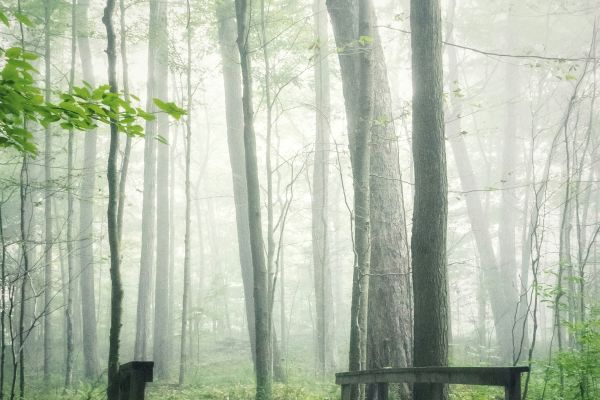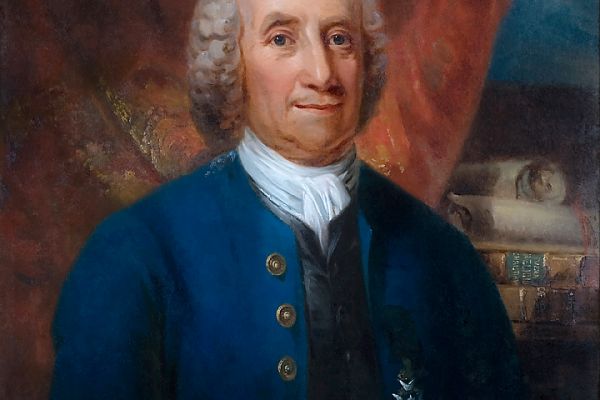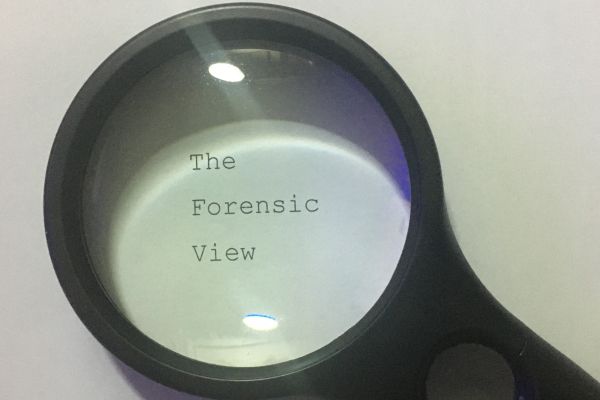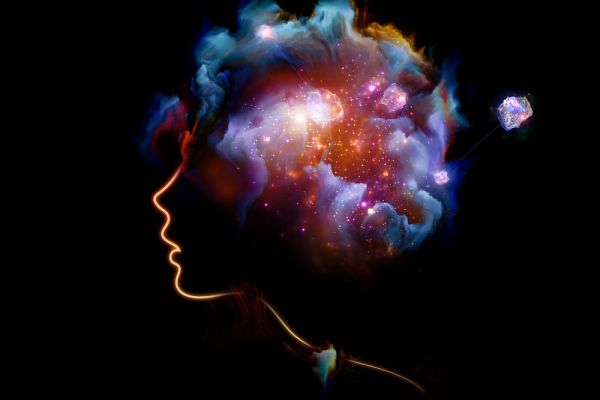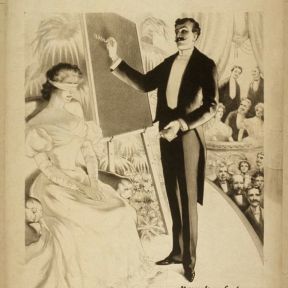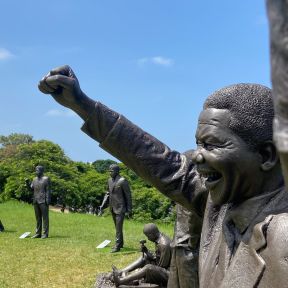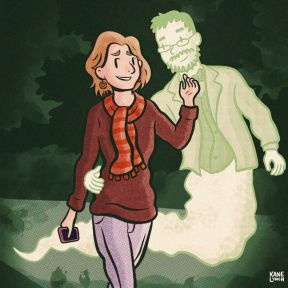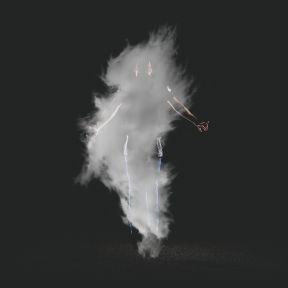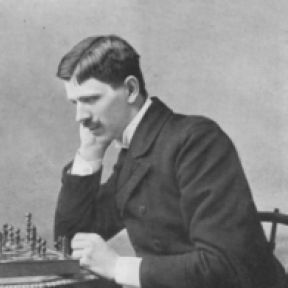
Parapsychology
Parapsychology is a field of study that investigates paranormal or “psychic" phenomena, including purported mental abilities such as telepathy and telekinesis. Parapsychologists aim to test the existence and explore the nature of experiences and abilities in the paranormal realm.

Parapsychology involves the study of a variety of proposed psychic phenomena by scientists and scholars, including the search for evidence of their existence. Among these phenomena are:
- Precognition: perceiving information the future, such as in a vision or dream
- Clairvoyance: perceiving information about distant locations
- Telepathy: communicating mind-to-mind (without the use of normal senses)
- Extrasensory perception (ESP): perception that seems to transcend the five senses, encompassing the above terms
- Psychokinesis or telekinesis: manipulating objects with the power of the mind
- Out-of-body experiences (OBEs) (such as perceiving one’s own body from above)
- Apparitions and hauntings
Psi is a general term used in parapsychology for the phenomena studied by the field, including cognitive one such as mind-to-mind communication as well as physical ones such as the movement of an object with one’s mind.
While parapsychological ideas have deep historical roots, Joseph Banks Rhine has been described as the founder of parapsychology as a scientific pursuit. In the 1930s, he and his colleagues at Duke University carried out studies of extrasensory perception using means such as card-guessing and dice-rolling to seek evidence.
Paranormal phenomena include events that cannot be explained according to current scientific understanding of the world. Such events seem to defy, for example, established facts about the workings of perception and physical motion.

Critics of parapsychology cite a lack of robust evidence of true paranormal activity and difficulty repeating apparent findings. They also argue that parapsychologists have not been able to rule out all natural explanations for the phenomena they study.
While historical demonstrations and notions about psychic phenomena have often been shown to be false, contemporary parapsychologists have sought to use the scientific method to test their hypotheses with empirical evidence. Nevertheless, even some of the most high-profile research into apparent psychic phenomena has been challenged due to methodological concerns.
In 2011, a major psychology journal published a paper that reported evidence for precognition—including seemingly impossible phenomena like study participants being more likely to “recall” words that they only studied after the fact. However, other scientists struggled to replicate these findings, and some critics suggest the original studies exemplify how insufficiently careful methods can produce misleading results.
Coincidences can be startling and thought-provoking—the term “synchronicity” has been used to describe seemingly meaningful events with no apparent cause-and-effect link—there are reasons to be skeptical about coincidences reflecting something supernatural. These include people’s tendencies to seek patterns and tell coherent stories about potentially random occurrences.
Psychics are not parapsychologists, but the abilities they are supposed to have—such as mind-reading and communicating with the dead—involve similar phenomena. A host of psychological factors could lead to erroneous belief in a psychic’s power, including confirmation bias, the tendency to selectively attend to information that confirms a pre-existing belief.
Some researchers have explored “out-of-body experiences” and other elements of “near-death experiences” as potential signs that consciousness can exist outside the body and after death, But others propose instead that such experiences result from anomalies in the brain, such as a failure to integrate sensory information about the body’s location.
A number of factors might help explain apparent encounters with ghosts or other unseen beings. They include physiological changes in the brain due to stress and an evolved tendency of human minds to “detect” intentional activity in ambiguous situations.
